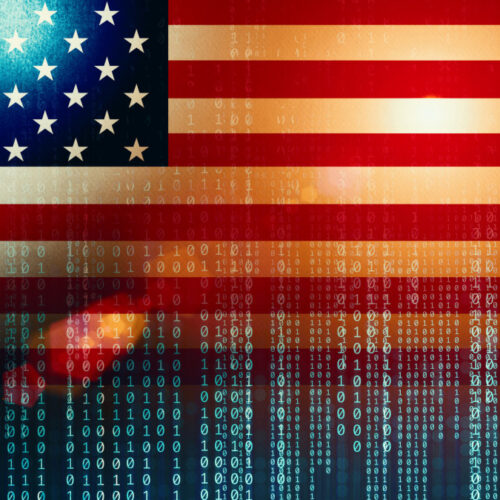
Summary
- On 13 January, the US Department of Commerce placed stringent regulations on global AI chip exports, dividing the world into three tiers of access, in order to ensure American national security in the artificial age.
- Secondary countries, including Canada, Australia, Japan and South Korea, have arguable the greatest level of access, with caps of up to 100,000 advanced computing chips, but this could rise to double if they sign security agreements with America.
- Tertiary countries, including India, Brazil and Argentina, as well as Europe, have a cap of 50,000 chips, with the possibility of acquiring more if they sign yet undetermined agreements with the US.
- Counties including China, Russia, Iran and North Korea, banned under the Trump administration, face existing restrictions.
The regulations are a continuation of Biden’s effort to retain the upper hand in the AI arms race, and will take effect in 120 days.